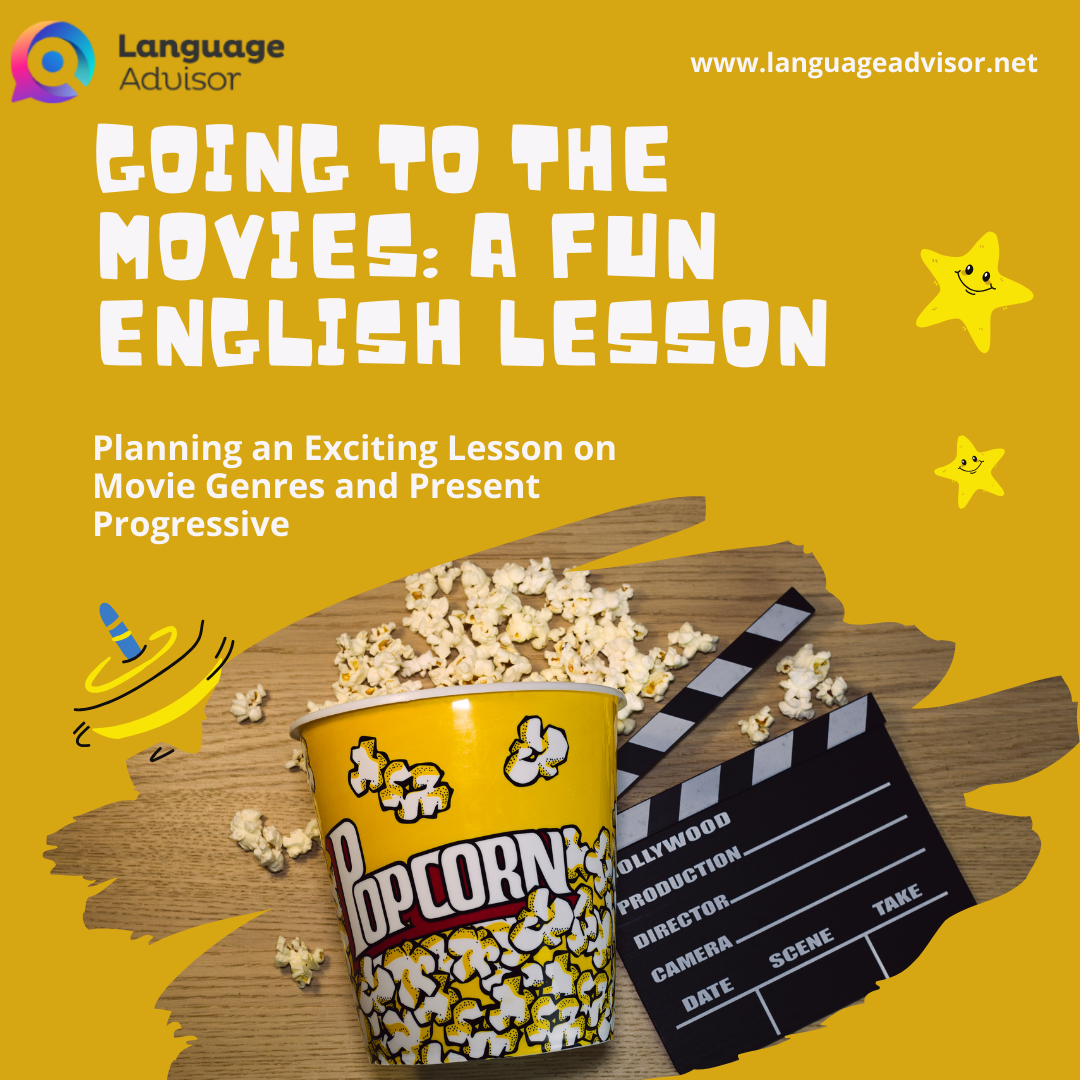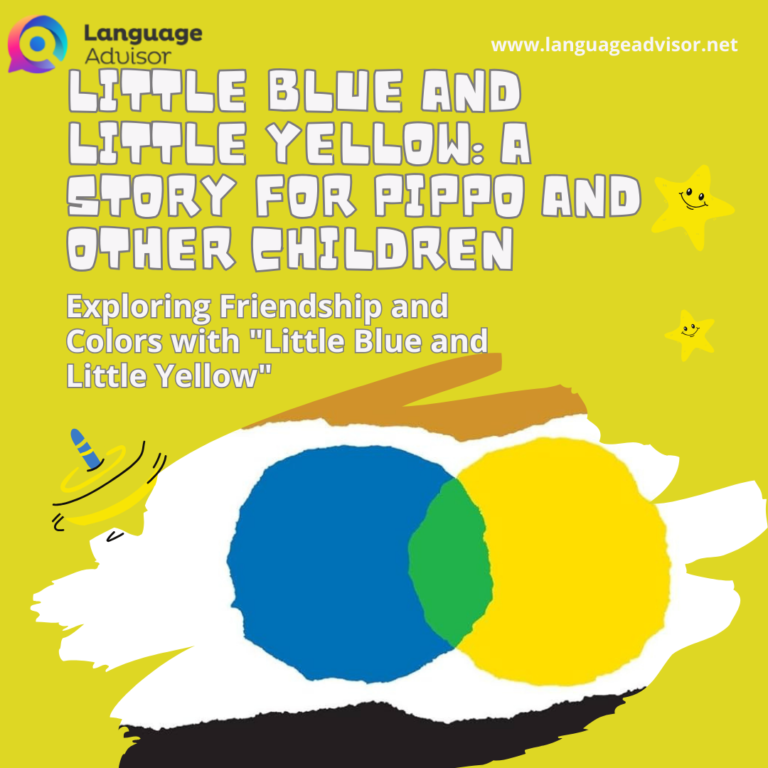Going to the Movies: A Fun English Lesson. Planning an Exciting Lesson on Movie Genres and Present Progressive
Going to the Movies

Going to the Movies: Engaging Young Learners in the World of Movies
Teaching young learners about movie genres and the present progressive tense can be a fun and interactive experience. This lesson plan focuses on introducing vocabulary related to movies and practicing the present progressive tense through engaging activities. With a combination of games, role-play, and creative exercises, students will build confidence and improve their English skills.
Lesson Plan: Going to the Movies
Topic: What are you doing tonight?
Theme: Going to the Movies
Grammar Point: Present Progressive
Aims:
- To introduce new vocabulary related to movie genres
- To improve students’ confidence and pronunciation
- To introduce and practice the present progressive tense
Timetable (50 minutes):
- 10 mins: Warmer and Vocabulary
- 15 mins: Practice
- 15 mins: Production
- 10 mins: Cooler
Warmer (10 minutes)
- Flashcard Memory Game:
- Preparation: Stick flashcards with movie genre images on the board in random order. Include previously learned vocabulary.
- Game Setup: Students should memorize the position of each flashcard.
- Game Instructions: Turn the flashcards over so only the backs are visible. Split the class into two teams.
- Game Play: A student from team one comes to the board. Call out a vocabulary word, and the student has one chance to turn over the corresponding card. If they’re correct, their team gets a point, and the card remains turned over. If incorrect, no point is awarded. Repeat with a player from team two. Continue until all cards are turned over. The team with the most points wins. The rest of the class can help by shouting hints.
Presentation (10 minutes)
- Vocabulary Introduction:
- Write the following movie genres on the board, arranging them to create a spider diagram:
- Superheroes
- Action
- Romance
- Sci-fi
- Horror
- Comedy
- Western
- Animation
- War
- Genre
- Write the following movie genres on the board, arranging them to create a spider diagram:
- Pronunciation Practice:
- Go through each word, practicing correct pronunciation as a class.
Practice (15 minutes)
- Dialogue Practice (T-T, T-S, S-T, S-S):
- Q1: “What are you doing tonight?” / “What is your mother doing tonight?” / “What is your brother doing tonight?” / “What are your friends doing tonight?”
- A: “I am going to see a movie.” / “She is going to see a movie.” / “He is going to see a movie.” / “They are going to see a movie.”
- Q2: “What is your favourite movie genre?”
- A: “My favourite genre is ______.”
- Q3: “Do you always watch ______?”
- A: “I sometimes watch ______ and I sometimes watch ______.”
- Q1: “What are you doing tonight?” / “What is your mother doing tonight?” / “What is your brother doing tonight?” / “What are your friends doing tonight?”
- Pair Work:
- Students practice asking and answering questions in pairs, focusing on using the present progressive tense.
Production (15 minutes)
- Sharing About Movies:
- In pairs, students discuss the following:
- “Tell each other about your favourite movie.”
- “Who will you go with?”
- “Where will you watch it?”
- “When will you watch it?”
- “What genre will you watch?”
- In pairs, students discuss the following:
- Grammar Practice:
- Write a list of people on the board (e.g., your sister, your friends, your grandmother). Students must use the correct pronoun (e.g., “they are,” “she is,” “he is”) for each person in sentences.
Cooler (10 minutes)
- Acting Game:
- Distribute flashcards to students. Each student picks a card and acts out the movie genre shown without speaking. The rest of the class guesses the genre. Correct guesses earn points for the class.
Planning Elements:
- Materials and Aids: Flashcards with movie genres, board and markers, paper and pens.
- Presumed Knowledge: Basic understanding of movie genres and the present progressive tense.
- Anticipated Problems and Solutions:
- Lack of Confidence: Encourage and praise all attempts, providing support and positive feedback.
- Pronunciation Issues: Monitor pronunciation and correct as needed, using stronger students to model correct pronunciation.

Conclusion
This lesson plan offers a dynamic approach to learning about movie genres and practicing the present progressive tense. By combining interactive games, role-playing, and engaging discussions, students will gain confidence in using new vocabulary and grammar structures.
The varied activities ensure that students remain motivated and excited about their English learning experience.

Also check out these lesson plans












